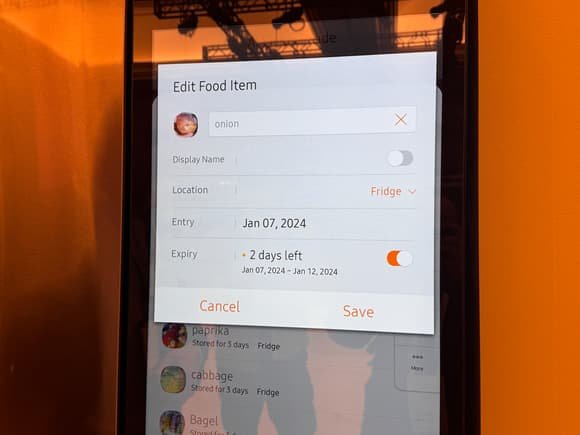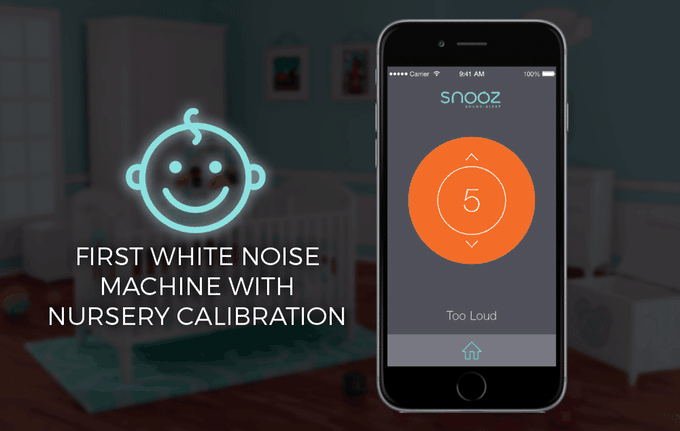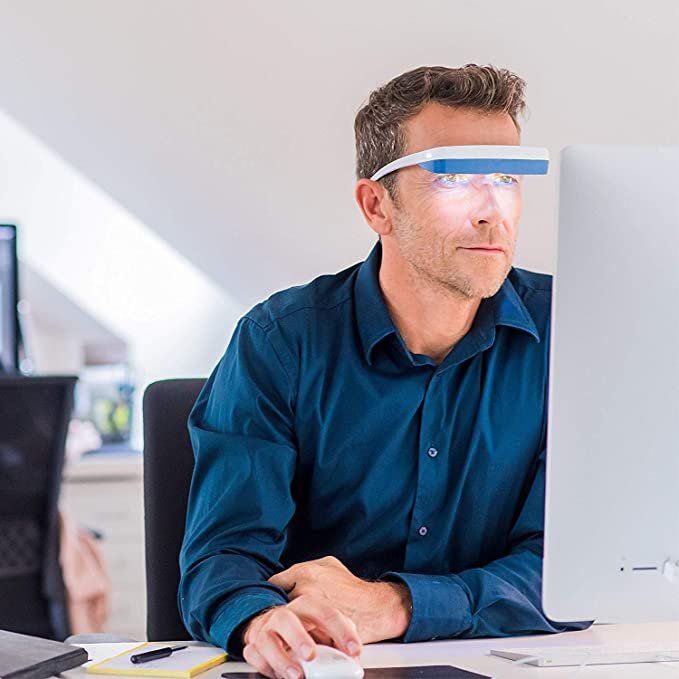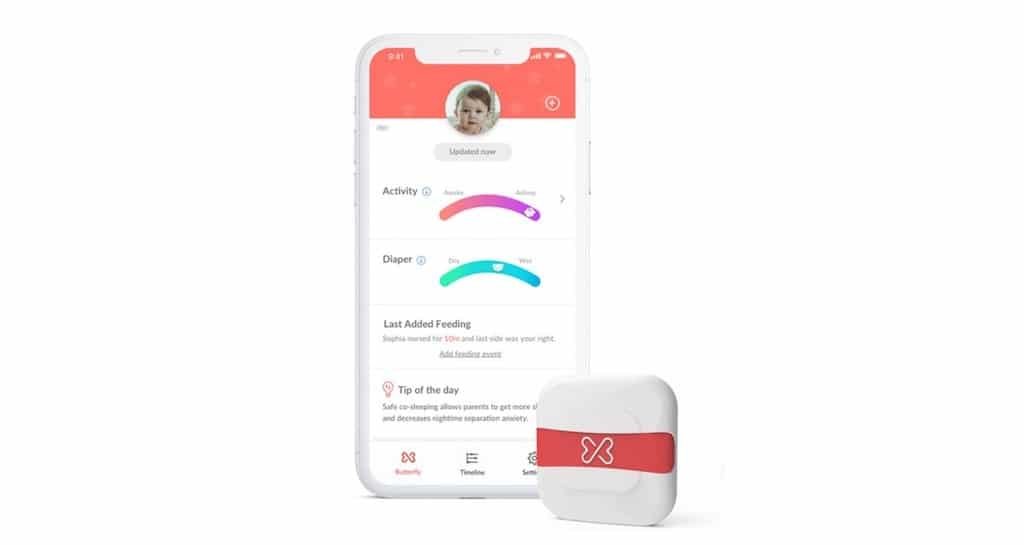The blockchain fight against fake drugs sales with smart health ?To combat the sales of fake medicines and to comply with new pharmaceutical regulations, software publishers and professionals rely on blockchain. This large distributed and decentralized register between all actors in the supply chain would simplify and secure the traceability of products as soon as they are manufactured. Blockpharma in Europe and SAP in the United States have already entered the market.
Blockpharma is a drug traceability service based on blockchain technology that verifies the authenticity of a drug.
Counterfeit drugs
Trust is the cornerstone of the medical profession. When we get sick, we think doctors care about our best interests. We hope that the drugs that are prescribed for us and that we buy will improve rather than worsen our condition. And basically, they do it.
However, this is not always the case. Counterfeit medicines are a global problem that has had adverse consequences for hundreds of thousands of people around the world, especially in developing countries that lack strong regulatory and enforcement structures. The various reports on counterfeit medical products indicate that China and India are the main producers of counterfeit medical products.
A more transparent global pharmaceutical supply chain is absolutely necessary and blockchain technology could be the solution. The market for counterfeit pharmaceuticals is growing rapidly. Revenues from the global illicit trade in counterfeit medicines could reach $ 75 billion to $ 200 billion a year, according to estimates by the US Department of Commerce. The industry is very profitable.
Fake drugs on the Internet
The increase in the number of counterfeit medicines is linked to a general increase in the number of people using the Internet to buy products, especially those who use the Internet to diagnose and prescribe. This practice can lead people to buy ineffective drugs; medications that normally require a prescription; or buy what they think are legitimate drugs but are actually fake.
The blockchain against fake drugs sales
Can the blockchain, by improving their traceability, help fight the sales of fake medicines? A new European directive, which comes into force this year, provides for the various players in the pharmaceutical industry to consolidate drug traceability through a new serialization process. In addition to the batch numbers, expiry dates …, each box of medicines will also include in its barcode (datamatrix) a specific serial number. It will be deposited in a European computer directory that will be shared in different countries. Each pharmacist will be able to verify the authenticity of each product by scanning every box he receives or is about to deliver.
To secure this process and follow the supply chain of each drug more easily, some actors are already betting on the blockchain. This decentralized database, bringing together all the players in the supply chain and hosting all the exchanges made between these users since its creation, would go beyond the traditional systems of storage and exchange of information on traceability. Operating without a central control body, it would bring transparency and security to the process by allowing each actor to verify the validity of the information contained on the channel.
Distributed ledger technologies, including the blockchain, which records transactions in a decentralized, immutable and transparent system, could help tackle this serious problem. According to the World Bank Group report, drug traceability could be improved by using a distributed e-book to track “pharmaceutical raw materials and finished products, from manufacturers to end-users”.
The blockchain can serve as a platform for information sharing across multiple supply chain databases and allow different parties to verify the authenticity of transactions that enter the general ledger. Together, these features could help prevent drugs that are not from legitimate manufacturers from entering the pharmaceutical supply chain.
In theory, with a pharmaceutical blockchain, it would be impossible to falsify a drug or exchange legitimate medicines against fake drugs. What is complicated in this kind of project is not the technique, but to reach agreement between the different actors on the information they will share. Pharmaceutical laboratories, distributors and ministries of health……
Security of The blockchain fight against fake drugs sales
Security is the main feature of blockchain technology that is useful for drug traceability. Each new transaction added to a block is immutable and time-stamped, making it easy to track a product and ensuring that information can not be changed. A blockchain can be public or private.
To ensure the authenticity and traceability of drugs, companies registering a product on the blockchain must be reputable. Therefore, only private block strings controlled by a central entity are logical to ensure that fake drugs are not registered. A company’s access to the “drug chain” would therefore constitute proof of the authenticity of the drugs produced. Pharmaceutical companies decide which actors in the supply chain act as miners.
It could be manufacturers, distributors or retailers. Depending on the position in the supply chain, each person may have different rights: the laboratories may register the medicines, while the wholesalers can only check the transactions. When drug is produced, a hash is generated, which contains all the relevant information about the product.
Whenever the medication moves from one entity to another (for example, from the manufacturer to the distributor), the information is stored in the blockchains, which facilitates the tracking of the drug and records information about the transactions, such as the date, time and price of the transaction. Medications are checked using QR codes and serial numbers. Consequently, the possibility of obtaining a package different from that recorded on the blockchain by the pharmaceutical product is in fact non-existent.
The blockchain’s potential to fight counterfeit drugs has caught the attention of pharmaceutical companies and industry leaders. But the challenges remain. Those hoping to develop blockchain projects in the pharmaceutical industry, from pilot projects to long-term solutions, face an immediate hurdle: designing a sustainable business model that funds the implementation of the solution and creates a structure incentives.
This is particularly important for pharmaceutical companies operating in countries where compliance models are not strictly regulated.
Traceability of the drug circuit using the blockchain requires registration and timestamping of the transfer of goods at each point in the supply chain. This requires considerable effort and resources, which translates into additional costs.
Most people believe that pharmaceutical manufacturers should bear the cost of implementation and maintenance, and only around 30% support the idea of shared implementation. As it stands, funding for block-based tracking and tracing systems remains uncertain.
Conclusion about the blockchain fight against fake drugs sales
The fight against counterfeit medicines may seem difficult, but with the establishment of blockchain in the pharmaceutical supply chain, it can be won. In an industry where it’s hard to know who you can trust and who you can not, the blockchain builds trust. Its power to secure pharmaceutical supply chains is only part of the way this technology will transform the health sector as a whole.
The blockchain fight against fake drugs sales,reducing the entry of counterfeit medicines on the market will bring vital benefits to the world. However, the pharmaceutical industry naturally has an interest in not taking risks.
Therefore, it is likely that blockchain-based supply chain solutions in other sectors will have to prove their value. Once this happens, pharmaceutical manufacturers will begin to integrate technology into their supply chains.












